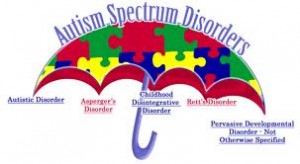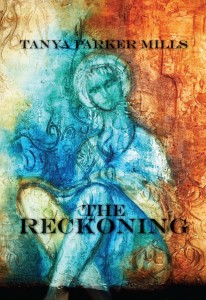Present word count in WIP: 47,161
(That doesn’t count the fact that I did write today…I wrote a 999-word personal essay to be posted on Danyelle Fergusen’s blog some time in April–Autism Awareness Month. I’ll let you know when it’s up and link to it. She asked for those who’ve dealt with autistic spectrum disorders up close and personal to share some positive, uplifting stories, so I complied.)
And now for Seth Godin’s last three pieces of Advice for Authors:
17. Publishing a book is not the same as printing a book. Publishing is about marketing and sales and distribution and risk. If you don’t want to be in that business, don’t! Printing a book is trivially easy. Don’t let anyone tell you it’s not. You’ll find plenty of printers who can match the look and feel of the bestselling book of your choice for just a few dollars a copy. That’s not the hard part.
18. Bookstores, in general, are run by absolutely terrific people. Bookstores, in general, are really lousy businesses. They are often where books go to die. While some readers will discover your book in a store, it’s way more likely they will discover the book before they get to the store, and the store is just there hoping to have the right book for the right person at the time she wants it. If the match isn’t made, no sale.
19. Writing a book is a tremendous experience. It pays off intellectually. It clarifies your thinking. It builds credibility. It is a living engine of marketing and idea spreading, working every day to deliver your message with authority. You should write one.
I love how he covers all three aspects of the business in these last three tips–publishing, marketing, and writing.
Publishing isn’t easy and that’s why it’s so difficult for writers to break into it. They have to build up their writing muscles over time so that the content they offer is worth the publishers’ risk. They have to build up their fan base over time so that, again, the publisher will be tempted to take a chance on them. And then, once they’re in, from all I can observe it becomes like a long-distance race. Either they’re in it for the long haul–all the signings, appearances, marketing, and, most importantly, more writing–or they get left by the wayside.
Bookstores are becoming more and more obsolete because now the reader can go directly to their chosen writer via Amazon.com or another online bookstore. And with the advent of the ebook, who needs shelves? Of course, this is not news. But more and more, I foresee bookstores using their personal touch to compete online with the big elephant. Check out Just the Right Book, for example. Here is a bookseller who got smart, moved her bookstore online and is offering the kind of service Amazon is too big and impersonal to give. If you doubt me, check out the Just the Right Book Facebook page. This is one bookstore, in my opinion, that is not a lousy business. They have vision.
As for his last tip, I readily agree. I always learn more about a topic (and myself) when I have to write about it. Once I can encapsulate my thoughts or the pictures in my head in a well-described scene, complete with realistic dialogue (both inner and outer), I am enriched…and, if I’ve done my job right as a writer, my words will likewise enrich the reader. The most fascinating thing about the writing process, besides the splashes of insight and inspiration, is that no two readers will read the same words with exactly the same result. Why? Because the reader brings his/her own life experience to meld with the author’s. That’s why the author-reader relationship is so valuable.
If you’ve ever been tempted to write your own book, do it!
Originally posted 2012-03-12 21:22:00.






